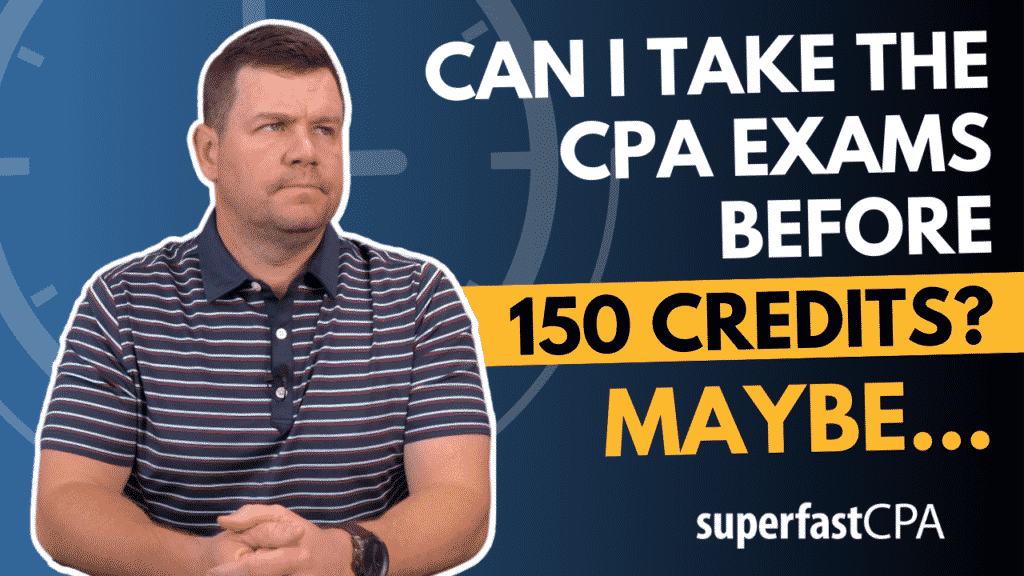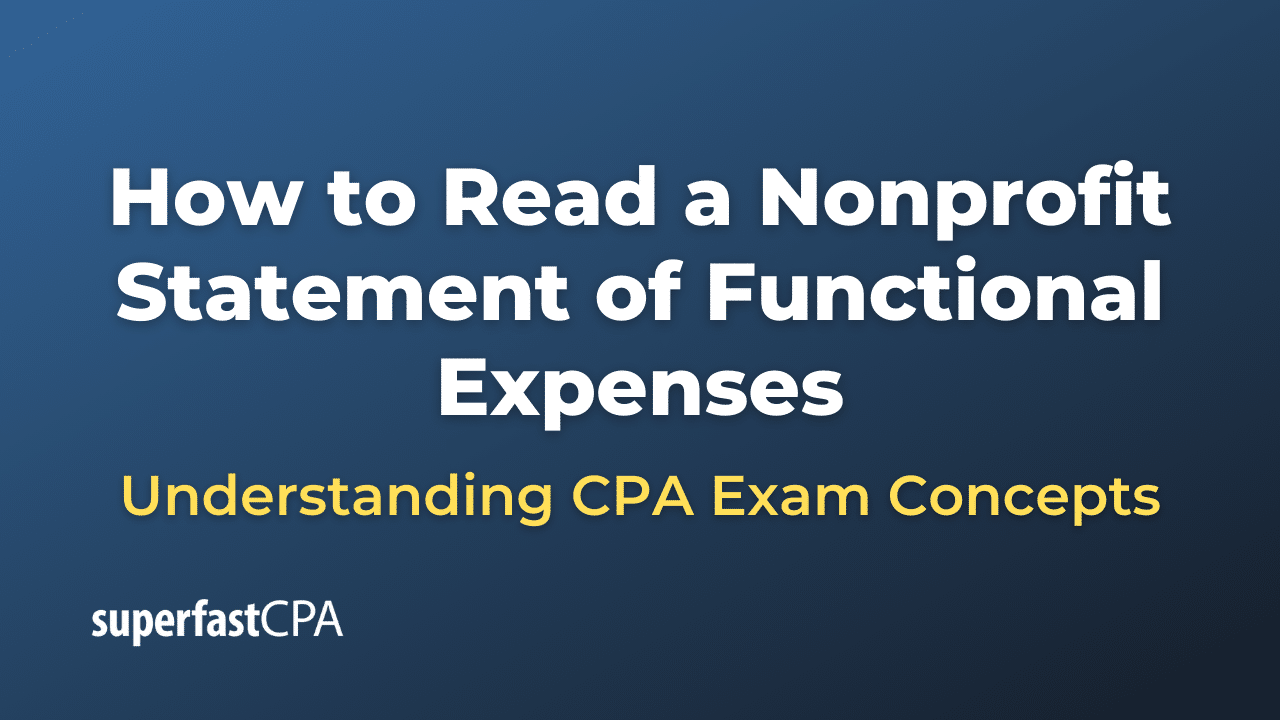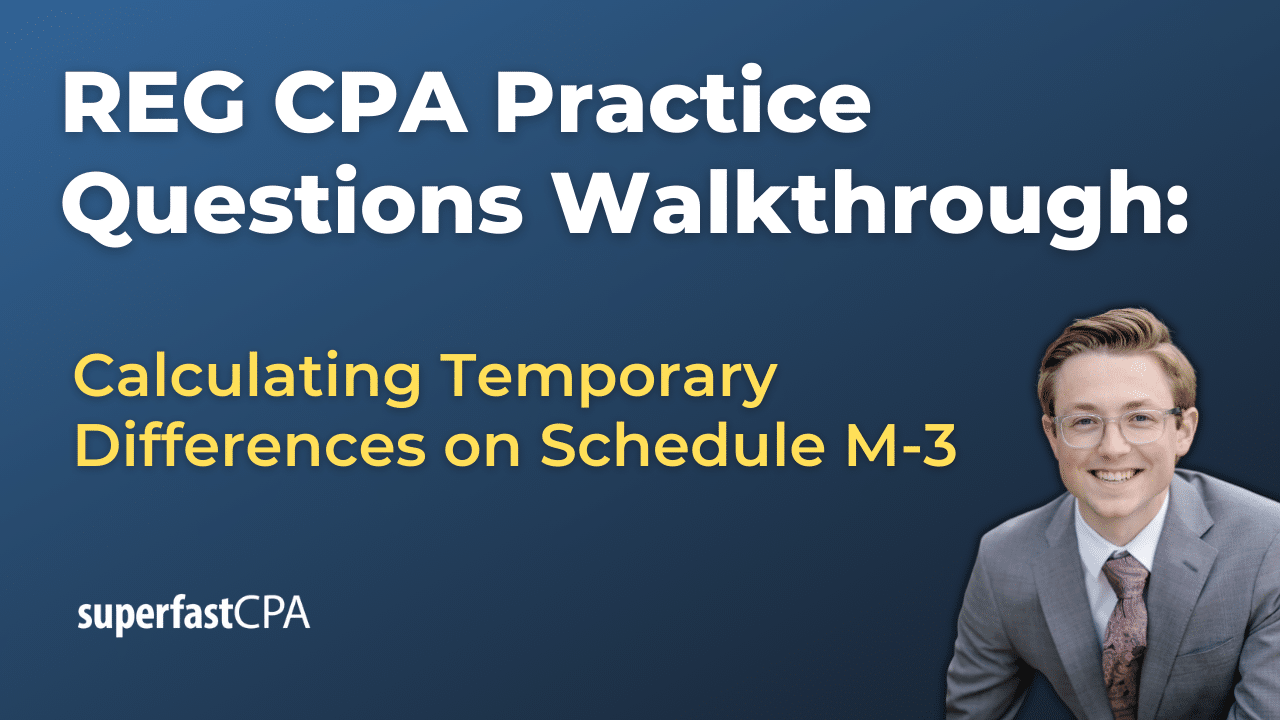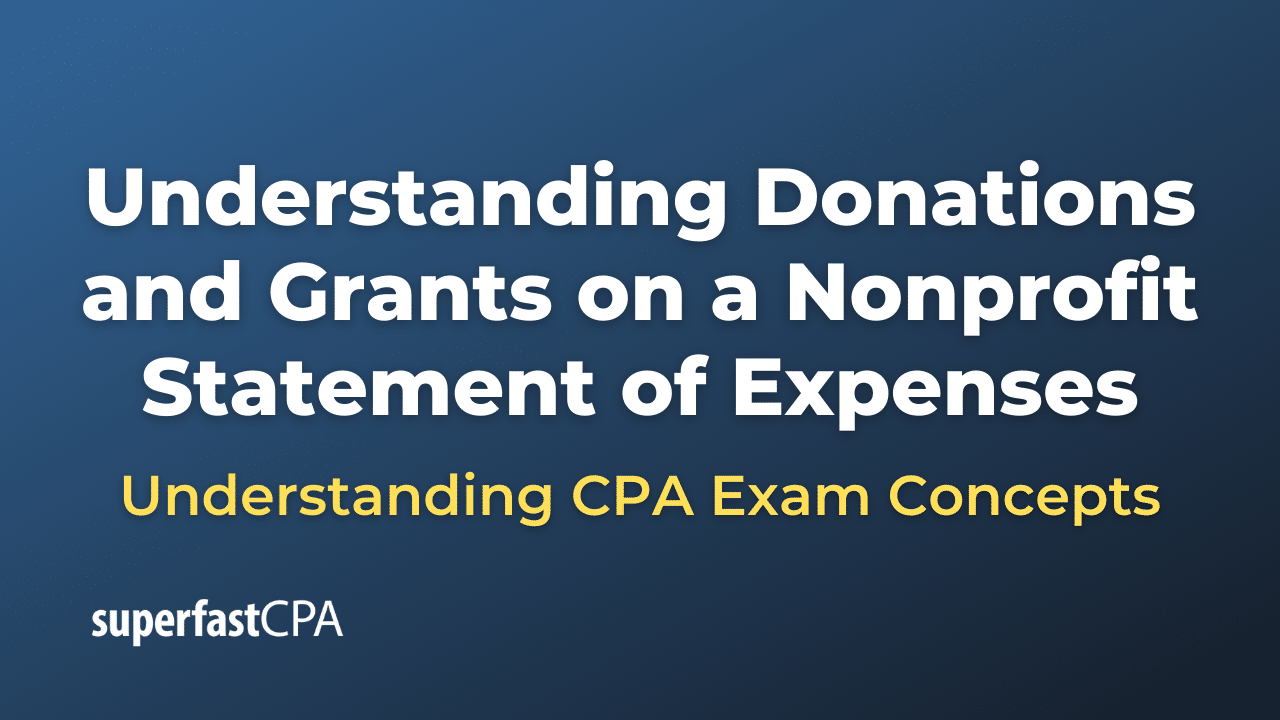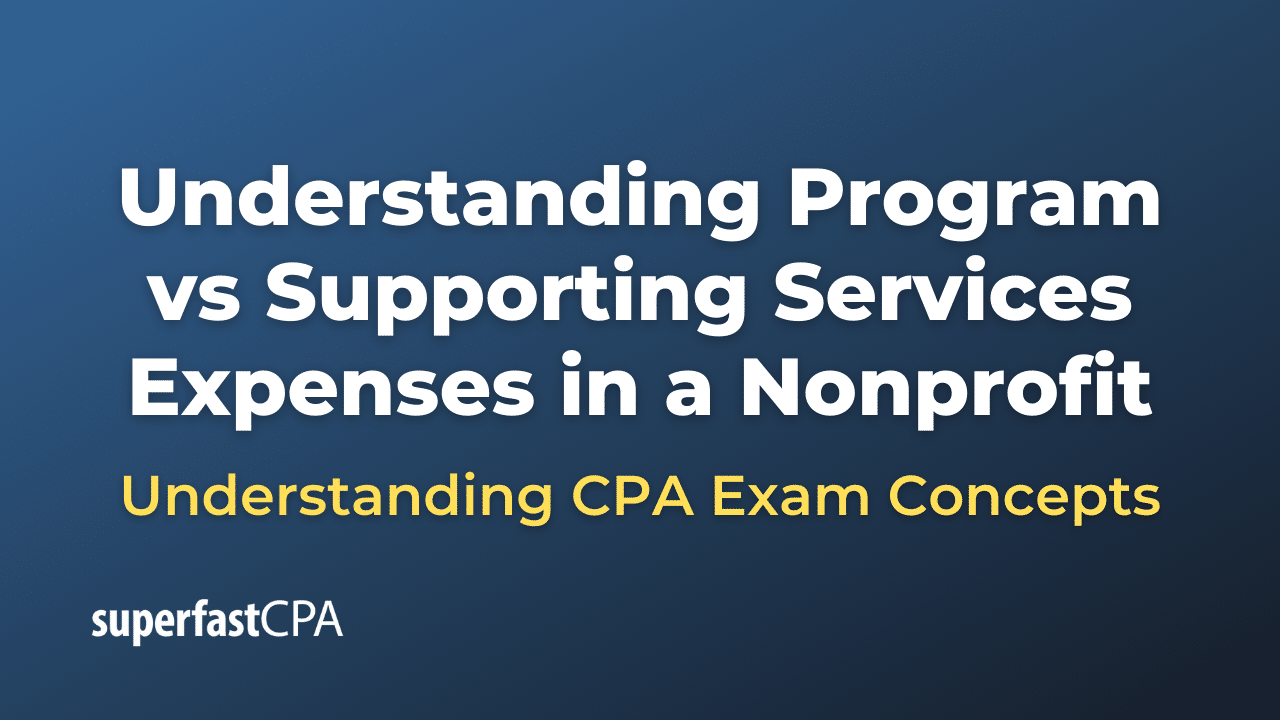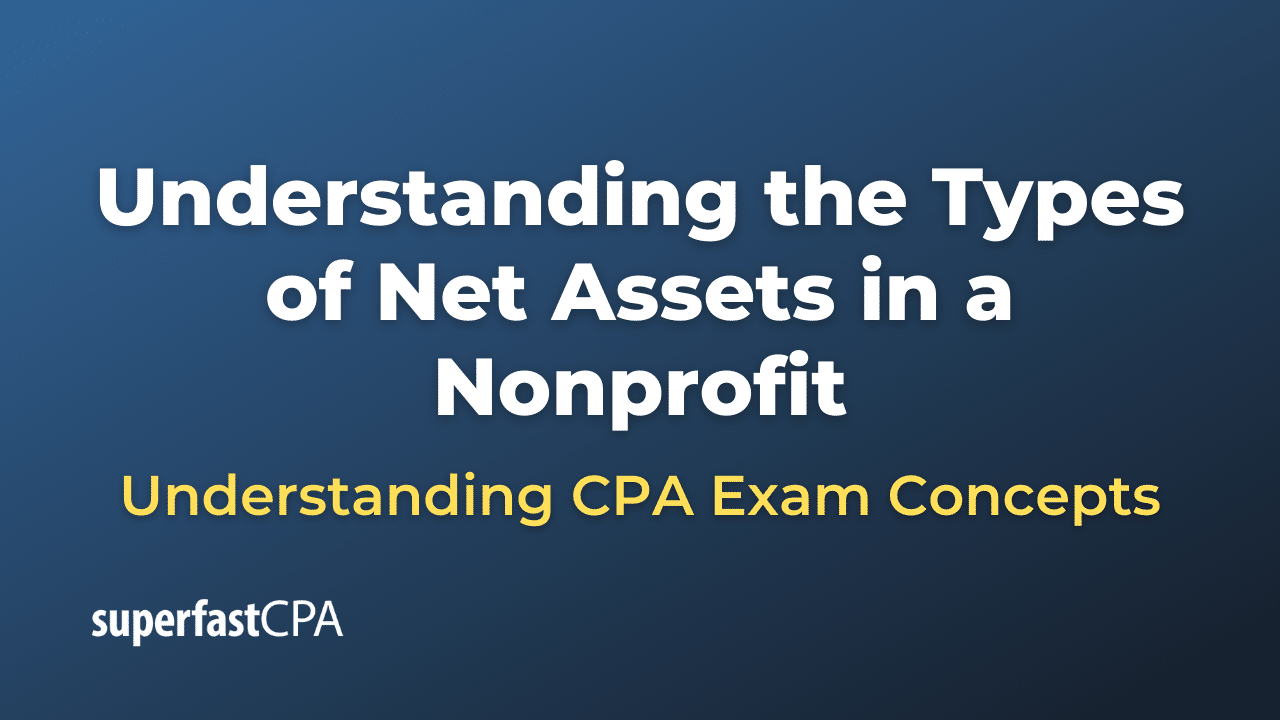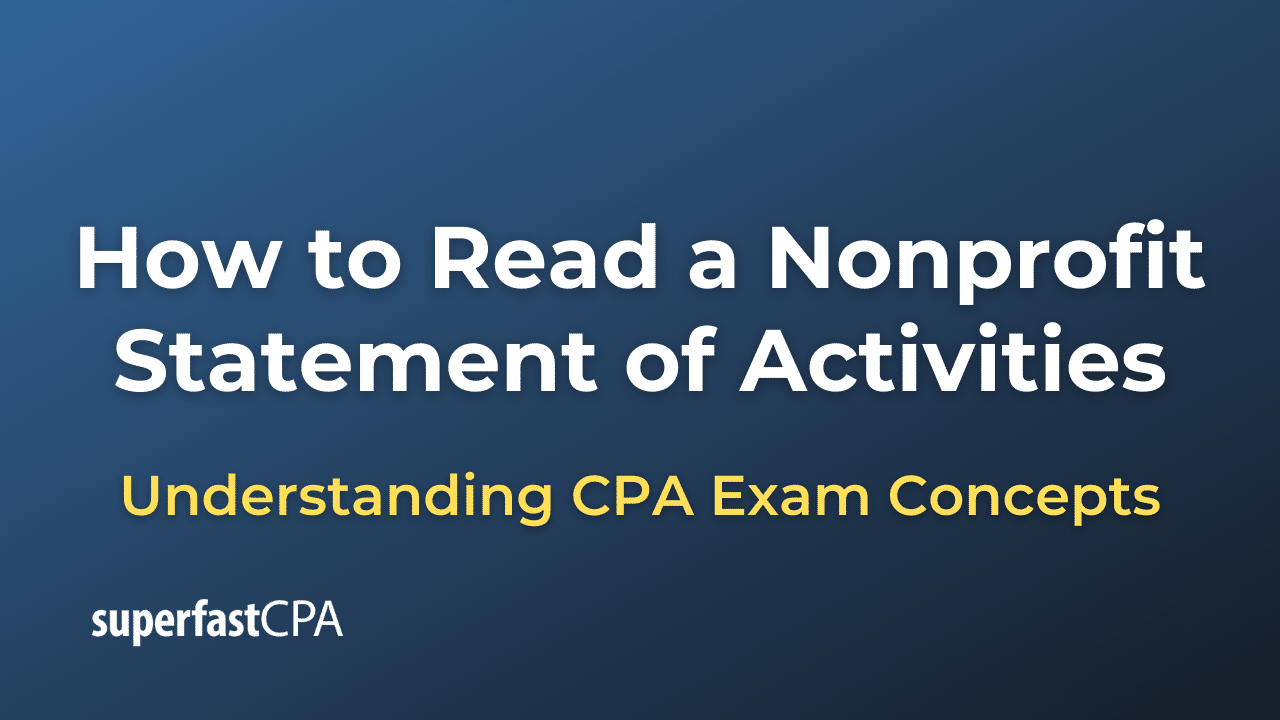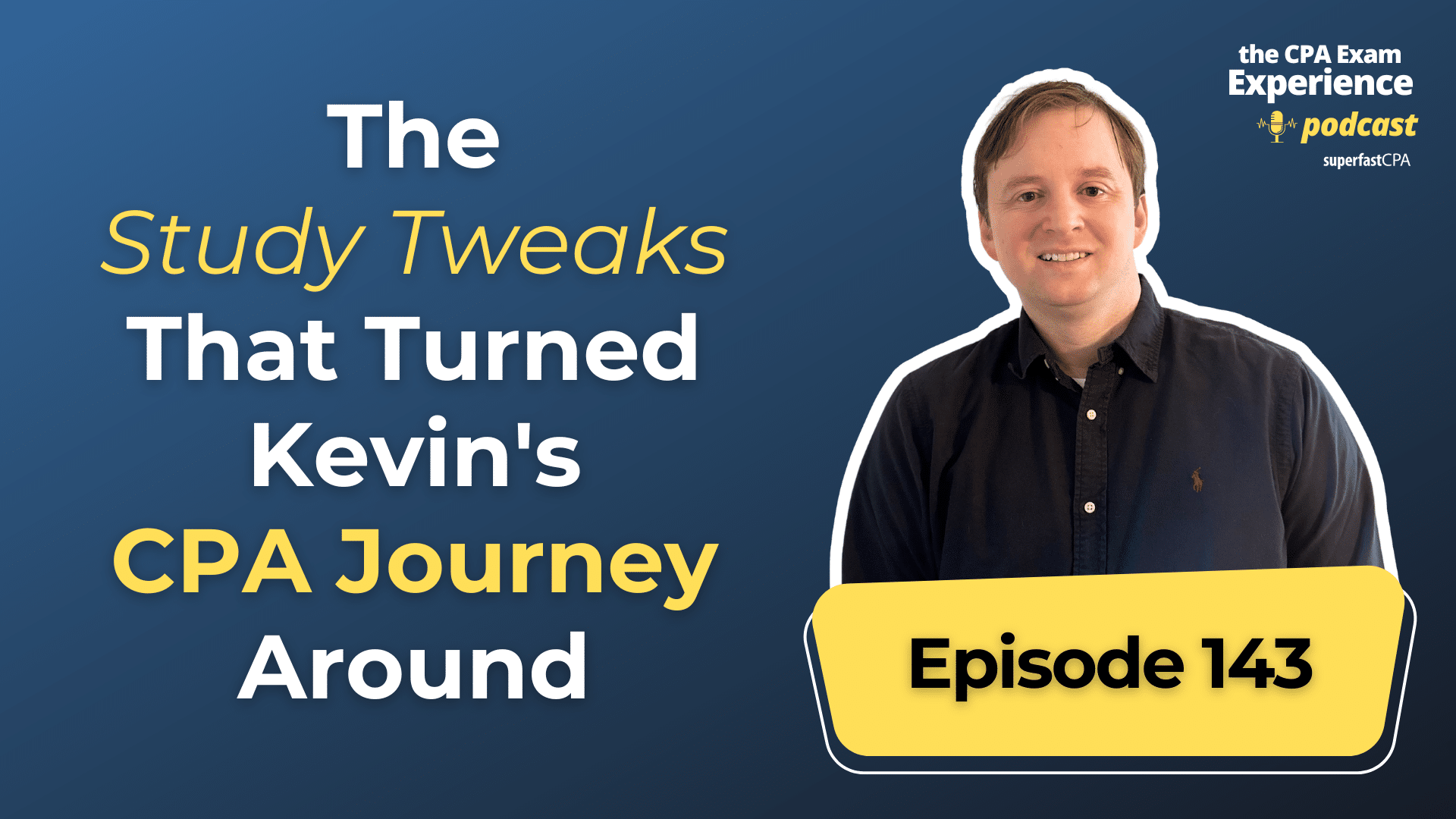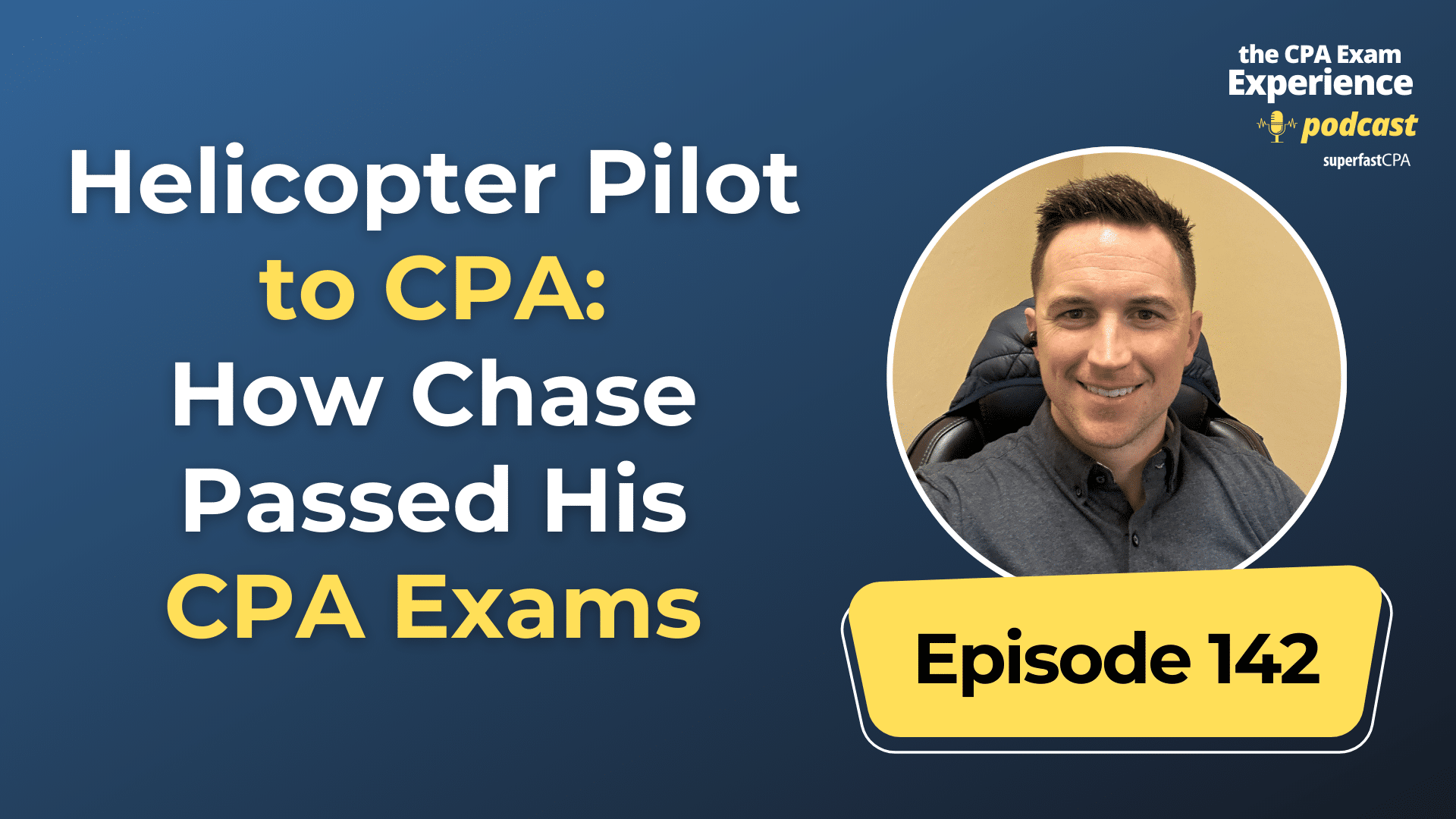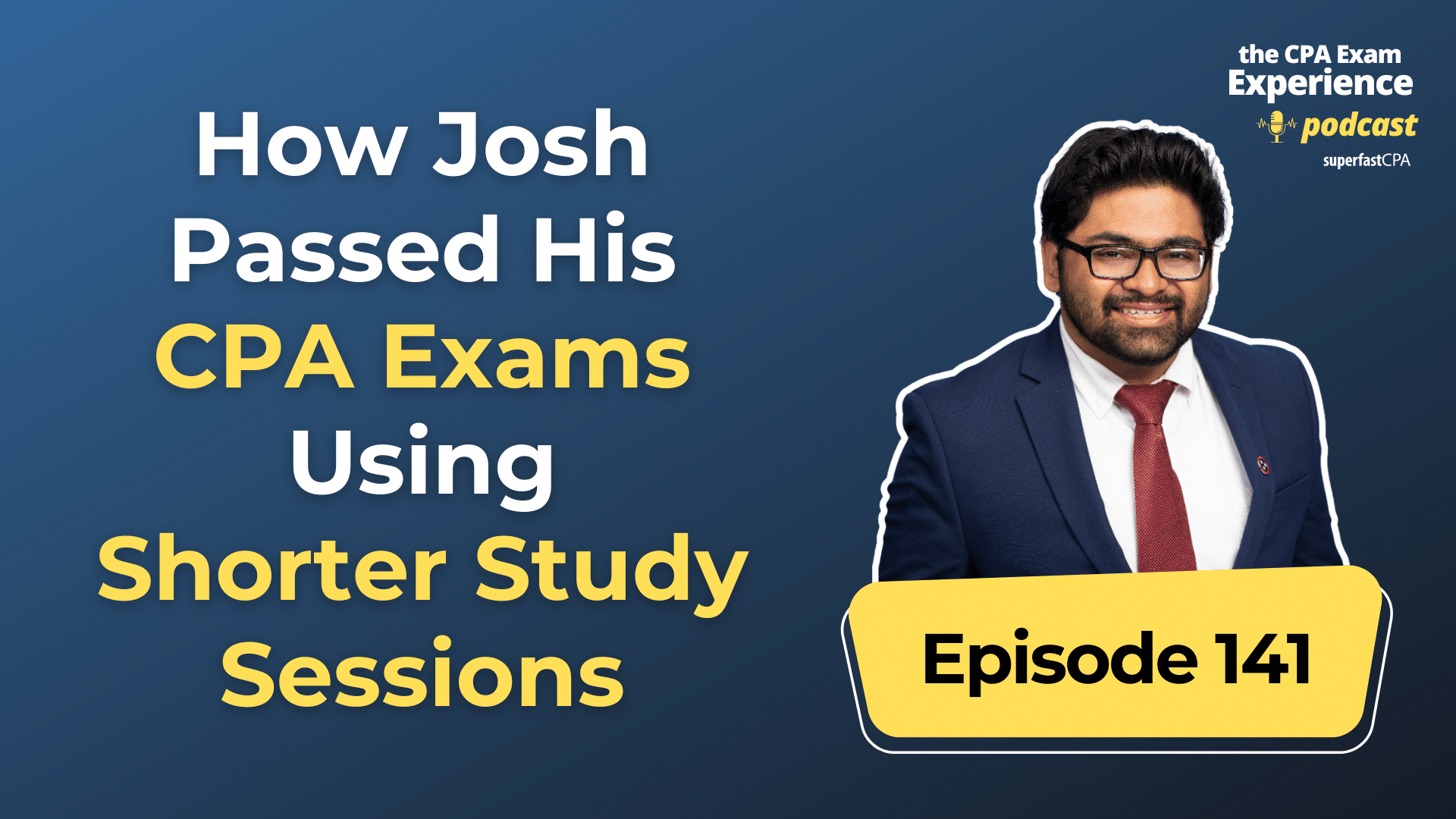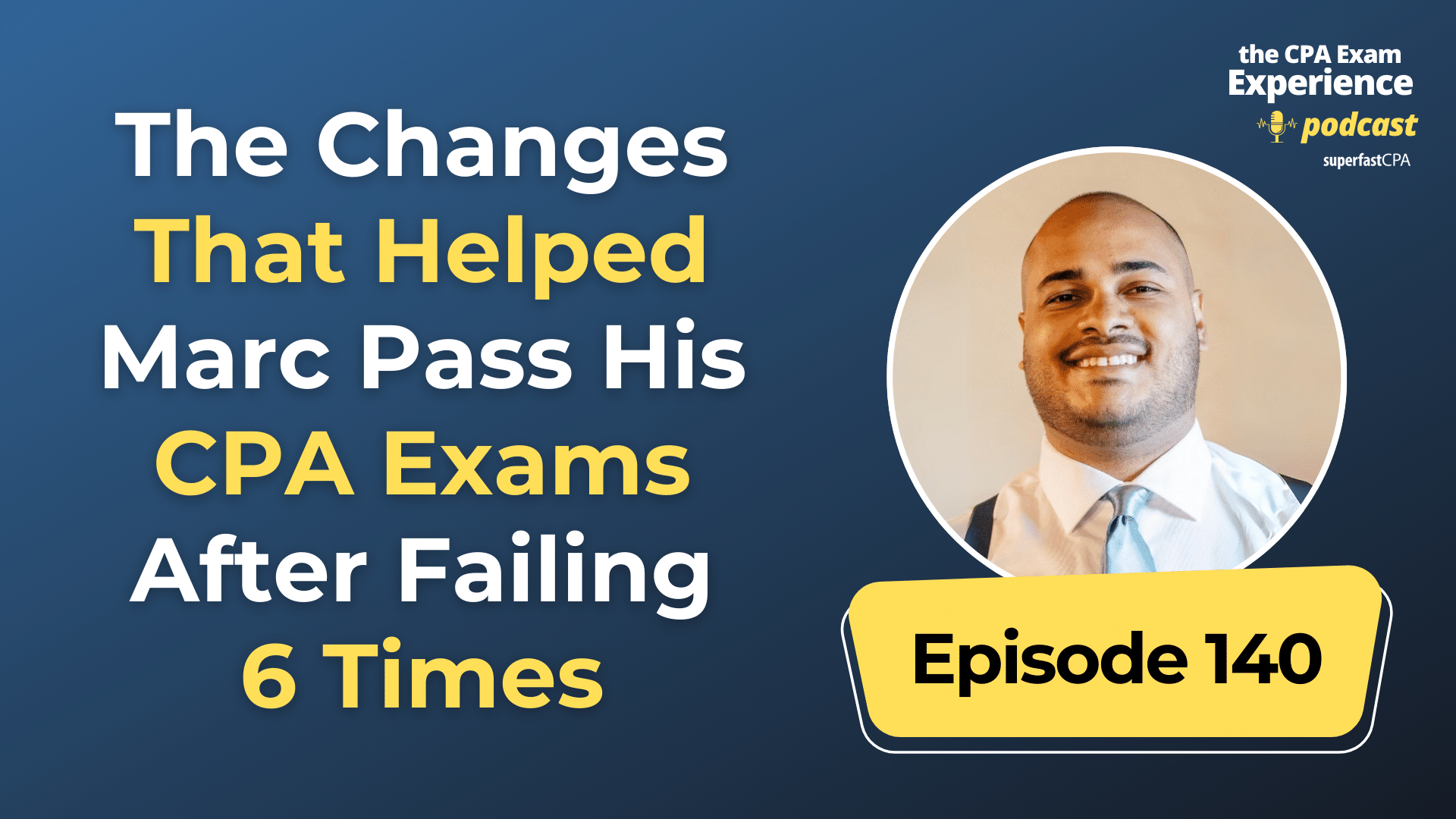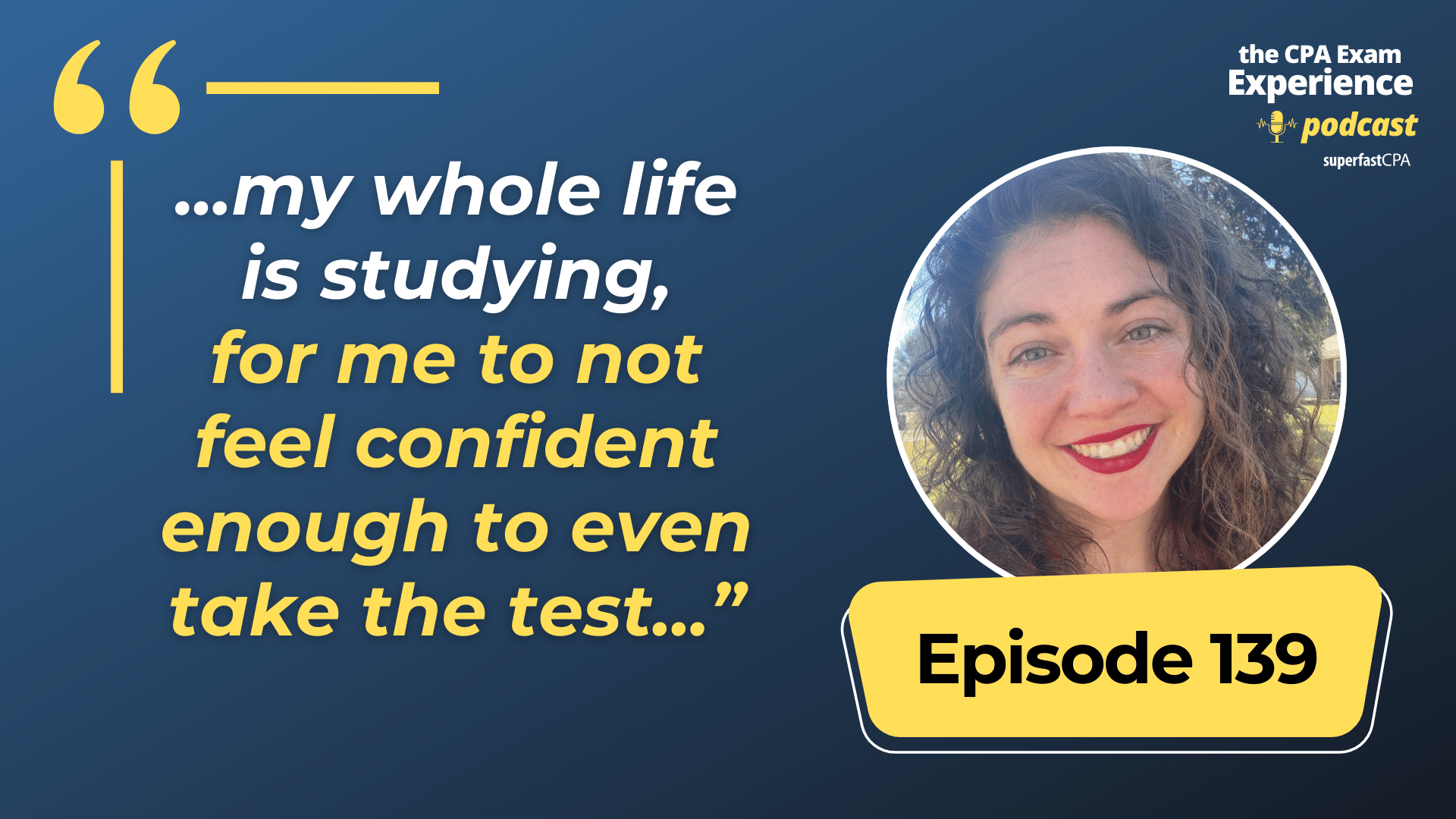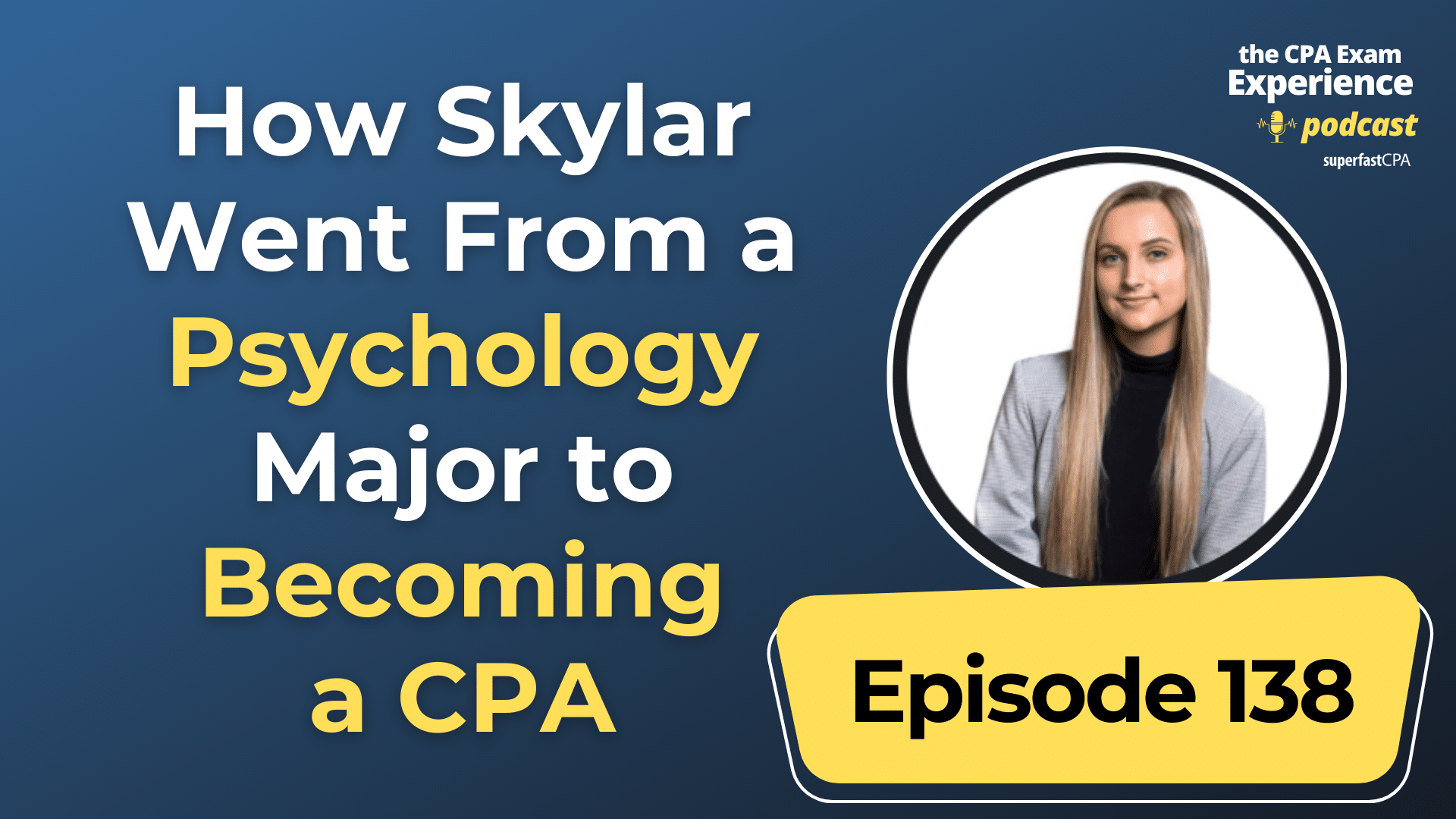If you’re wondering, “can I take the CPA exam before 150 credits?” Luckily for you, the CPA exam requirements in just over half of the states in the U.S. let you sit for the CPA before having the 150 credit hours.
For most of the states listed below, you’ll need an undergraduate degree (in a few you don’t need a bachelor’s to sit) and a certain number of accounting and business credits, depending on the state.
After passing the CPA exam, you’ll still need to meet all the educational requirements in your state, reach the 150 hours, take an ethics exam, and meet any other CPA license requirements in your state before you can become a licensed CPA.
How to Save Yourself MONTHS of Time and Frustration
Keep in mind that the CPA exam is the one part of getting your CPA license that you can control how long it takes. The education and experience requirements take as long as they take, but the CPA exams can take you as little as 6 months, or as long as multiple years… depending on how effective your study process is from the beginning.
Learn how to study strategically so you can save yourself tons of time and retake fees with this free training…
Table of Contents
Can I Take the CPA Exam Before 150 Credits?
The table below summarizes the states where you can sit for the CPA exam before having 150 credit hours, and the specific amount of accounting and business courses required in each state.
| State | Bachelor's Required? | Accounting Emphasis Required? | Accounting Credits Required | Business Credits Required |
|---|---|---|---|---|
| Alaska | Yes | Yes | 24 | 9 |
| Arizona | Yes | No | 24 | 18 |
| California | Yes | No | 24 | 24 |
| Colorado | Yes | No | 27 | 21 |
| Connecticut | Yes | No | 24 | 0 |
| Delaware | Yes | No | 24 | 0 |
| Florida | No | No | 30 | 36 |
| Georgia | Yes | No | 20 | 0 |
| Hawaii | No | No | 18 | 0 |
| Idaho | Yes | No | 20 | 10 |
| Iowa | Yes | No | 24 | 24 |
| Kentucky | Yes | Yes | 27 | 12 |
| Maine1 | Yes | No | 0 | 0 |
| Massachusetts | Yes | No | 21 | 9 |
| Michigan2 | Yes | Yes | 21 | 24 |
| Minnesota | Yes | No | 24 | 0 |
| Missouri | No | No | 24 | 24 |
| Montana | No | No | 24 | 24 |
| New Hampshire | Yes | No | 30 | 24 |
| New York | No | No | 0 | 0 |
| Pennsylvania | Yes | No | 24 | 0 |
| South Carolina | No | No | 24 | 24 |
| Vermont3 | No | No | 30 | 0 |
| Virginia | Yes | No | 24 | 24 |
| West Virginia4 | Yes | No | 30 | 27 |
| Wisconsin | Yes | No | 24 | 0 |
Specific state additional information:
1In Maine, you need to have 15 semester hours in one or more of the following topics: Financial accounting and reporting for business organizations, financial accounting and reporting for government and not-for-profit entities, auditing and attestation services, managerial or cost accounting, taxation, fraud examination, internal controls and risk assessment, financial statement analysis, accounting research and analysis, tax research and analysis, accounting information systems, and ethics relevant to the practice of accounting. At least 3 semester hours must be auditing and attestation services.
2In Michigan, you need at least 3 semester hours in auditing.
3In Vermont, you need at least 6 semester hours in financial and/or managerial accounting, 3 semester hours of auditing, 3 semester hours of U.S. taxation, and 3 semester hours of U.S. business law.
4In West Virginia, you need at least 3 semester hours of ethics and 3 semester hours of business law.
CPA Exam Requirements to Sit for the CPA
For the states that require a bachelor’s degree, it can typically be in anything, as long as you have the required number of accounting and business courses. A few states do require an emphasis in accounting, as you can see in the table above.
Education Requirements to Sit for the CPA Exam
So what accounting and business courses count to fulfill the CPA exam requirements to sit for the CPA exam? Again, each state will have its own specific requirements, but here are some general guidelines.
What Accounting Classes Count?
The following types of accounting courses will count towards the required accounting credit hours:
- Financial accounting
- Managerial accounting
- External financial reporting
- Internal financial reporting
- Financial statement analysis
- Fraud
- Taxation
What Business Classes Count?
The following types of business courses will count towards the required accounting credit hours:
- Business administration
- Business communication
- Business law
- Business management
- Business information systems
- Economics
- Finance
- Marketing
- Mathematics
- Statistics
The best way to figure out exactly what the educational requirements are in your state is to contact your state board of accountancy. There will be contact information, and it might take a little effort, but you can usually get on the phone with someone that can answer questions about your exact situation.
How to Study for the CPA Exams While You’re Still In School
If you’re searching “can I take the CPA exam before 150 credits”, then you’re probably trying to get a head start and pass your CPA exams while you’re still in your master’s program or while you’re finishing your 150 credits. If that’s the case, then you should watch a session of our free “CPA study hacks” training, and listen to a few episodes of our podcast where we interview successful CPA candidates. Episode 46 with Zack will be specifically helpful, because he passed all four of his CPA exams while still in his master’s program and he details how he did it in the interview.
Here are some general tips you’ll want to keep in mind to make the most of your study time while you’re still in school and studying for the CPA exams at the same time.
Make Your CPA Study Routine a Daily Ritual
For your CPA study routine to be effective, you need to do your study session at the same time, in the same place every single day as much as possible. The easiest way to do this is to dedicate the first two hours of the day to your CPA study. Notice I didn’t say 4-6 hours like you’ll hear everywhere else. Trying to find 4-6 hours a day to study is extemely difficult, both from a “finding the time” perspective, and a discipline and mental pain & anguish perspective. When you’re following the study strategies you’ll learn in this free training, you can get more done in one 2-hour morning session than someone studying 4-6 hours the “normal way”.
Take Advantage of Your Daily “Screen Time”
You know how you get those screen time reports on your phone? And it’s almost embarrassing how much time you manage to stare at your phone every day, even though you feel like your life is really busy? Well, instead of throwing away hours watching TikTok each week, read review notes or take quizzes on your phone in all the little 3-5 minute chunks throughout your day. The SuperfastCPA study tools and our companion app make it incredibly simple and convenient to pack in an extra 2-3 hours of study time each day, just by taking advantage of all the little gaps in your day.
Whenever you’re in your car, you can be racking up study time and improving your test day scores by listening to our audio notes. Whenever you’re walking across the office, waiting for a meeting to start, or waiting in line at the grocery store, you can be taking quizzes or reading review notes on our app.
All of this time adds up, and over the course of a 6-8 week study plan, this one little habit can give you 80-100+ extra hours of review time. 100 extra study hours above and beyond your main study sessions will obviously and logically lead to a better understanding of the concepts and better retention, which will get you a higher score on test day.

